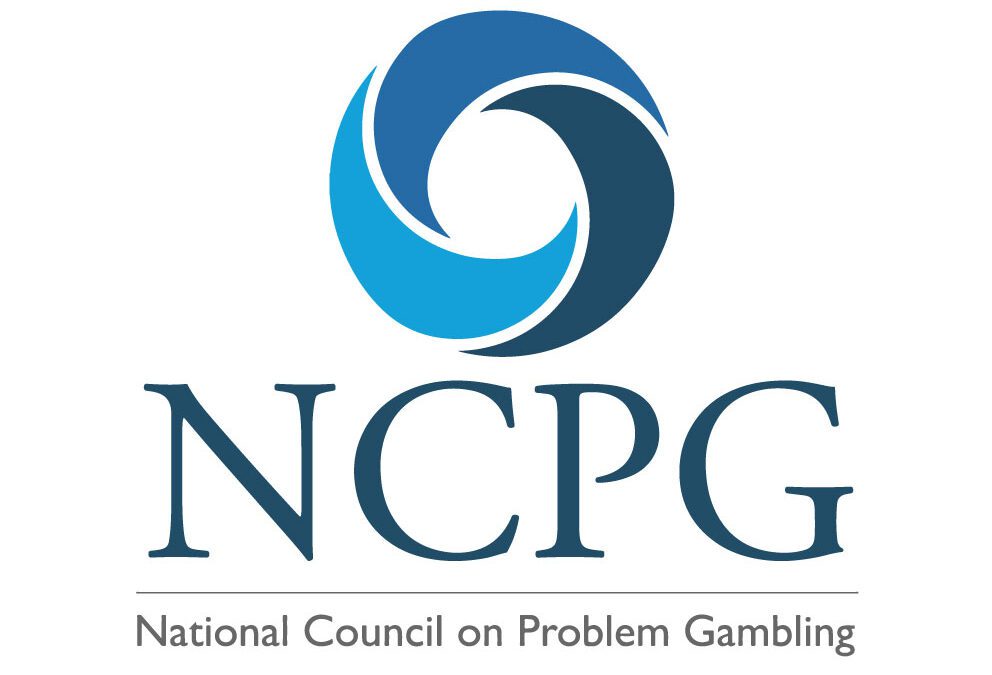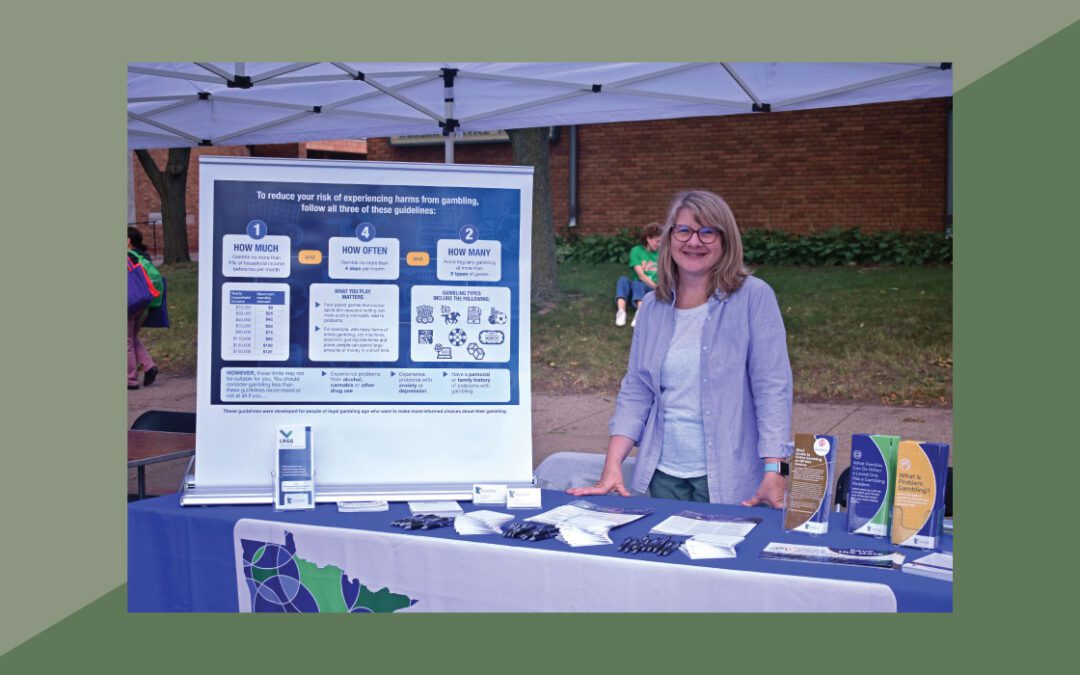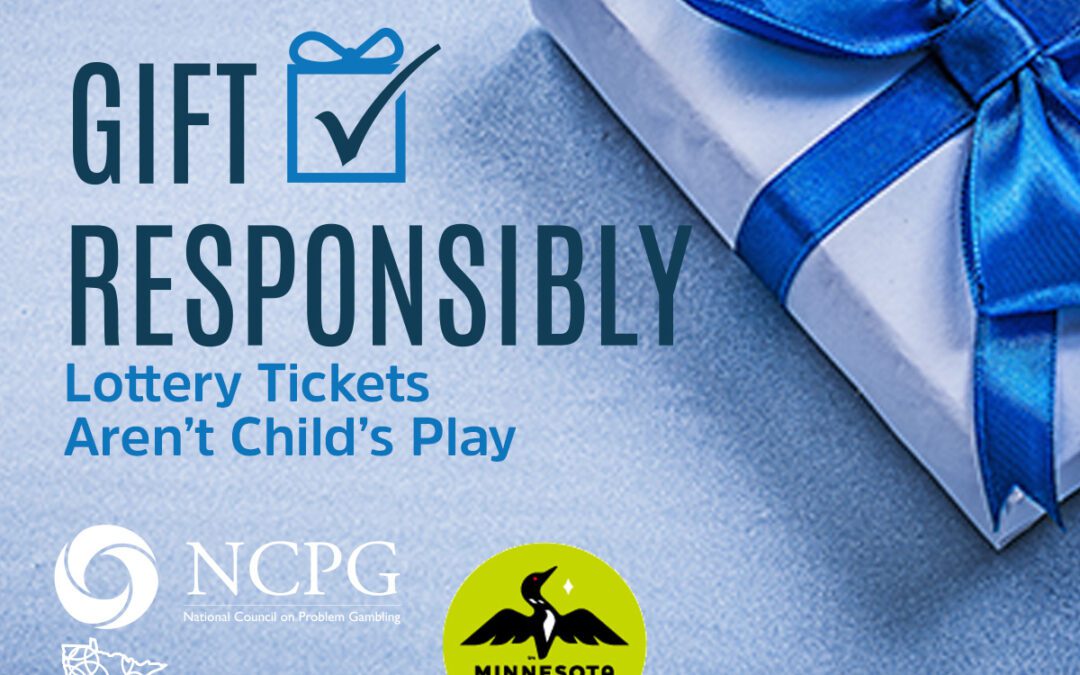
Youth Gambling and Gifting Lottery Tickets to Kids
Simply put, it’s a bad idea. What may seem like a fun and harmless gift for a young person can lead many to a gambling addiction as they get older. Why? Years of research around the globe have shown that children don’t have the cognitive brain development to understand the potential risks of gambling, especially if they experience a big win early on.
Youth Gambling Poses Significant Risk for Gambling Addiction
Gambling among youth can be more than an innocent, recreational endeavor. According to the American Psychiatric Association, 10 to 15% of young people have significant gambling problems compared to fewer than 4% of adults.
Youth gambling is particularly concerning because researchers have established a link between the age at which a person first gambles and the occurrence of excessive or problem gambling later in life. Problem gamblers say they began gambling as early as 10 years of age, on average.
It can be difficult to know if a young person is gambling and on the verge of developing a gambling disorder, but there are risk factors and signs to be aware of. Some of these include:
· History of problem gambling in the family – children of parents who gamble are nearly twice as likely to be weekly or daily gamblers
· Easy access to gambling. With smart phones, it’s not that difficult for youth to sidestep age checks, especially on unregulated sites.
· Trouble concentrating on homework because of preoccupation with gambling
· Thinking that gambling is an easy way to make money
· Feeling the need to bet more and more money
· Becoming more isolated from family and friends and choosing to spend more time gambling (often in secret).
Today’s youth have more access to gambling and gambling-like games than any previous generation. One concern is the way in which virtual casinos cater to youth, effectively making them “gamblers in training.” Another cause for alarm are loot boxes, an increasingly popular aspect of video games that can produce the same dynamics of traditional gambling. Read more on the convergence of gambling and gaming.
Studies have also shown that many adolescents gamble by purchasing lottery products, particularly scratch tickets, which often serve as an introduction to gambling. For this reason, the Minnesota Lottery and Minnesota Alliance on Problem Gambling (MNAPG) participate in Gift Responsibly, an international responsible gambling campaign to raise awareness about the risks of underage lottery play
Parents who are concerned about the gambling behavior of their children can take several steps. Some of these include:
· Learn about the risks associated with gambling activities
· Educate your child about the difference between responsible gambling and excessive gambling
· Monitor internet use
· Be alert for unusual changes in your child’s behavior
Interested in reading more about youth gambling in Minnesota? Click here to read the analysis of the 2019 Minnesota Student Survey by Dr. Randy Stinchfield.
If you feel your child may have a gambling problem, call the Minnesota Problem Helpline at (800) 333-HOPE (4673). Counseling for Minnesotans with a gambling disorder is provided by the state of Minnesota at no cost — for both the gambler and their families. MNAPG website also offers helpful resources.

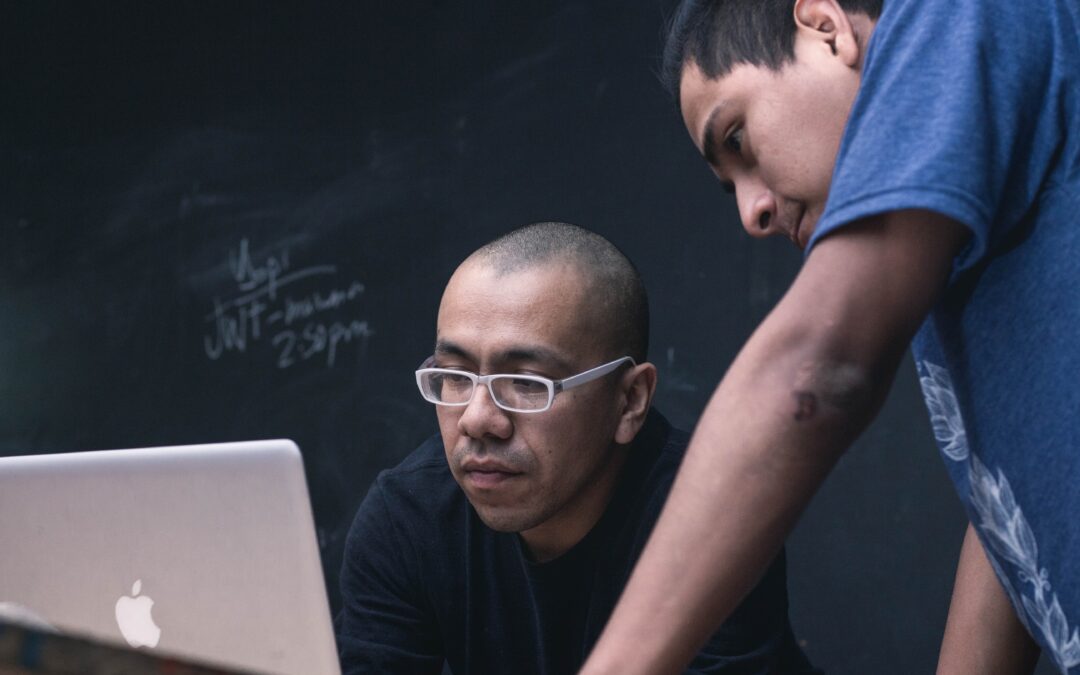
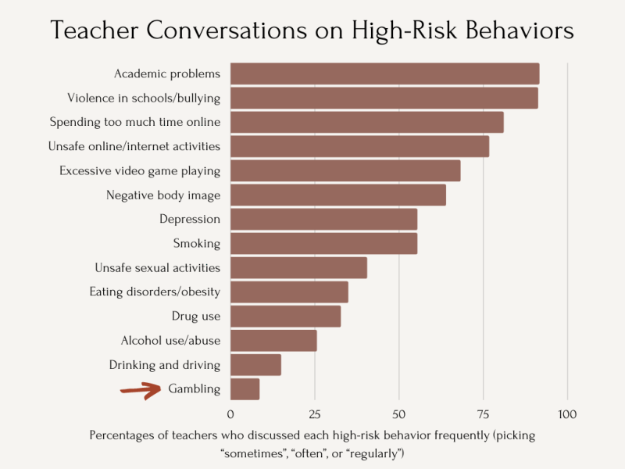 Figure. Percentages of teachers who discussed each high-risk behavior frequently (picking “sometimes”, “often”, or “regularly”). Total n = 157 primary and secondary school teachers from mainstream schools in the UK. Adapted from Figure 3 in Roberts et al. (2022). Click image to enlarge.
Figure. Percentages of teachers who discussed each high-risk behavior frequently (picking “sometimes”, “often”, or “regularly”). Total n = 157 primary and secondary school teachers from mainstream schools in the UK. Adapted from Figure 3 in Roberts et al. (2022). Click image to enlarge.
